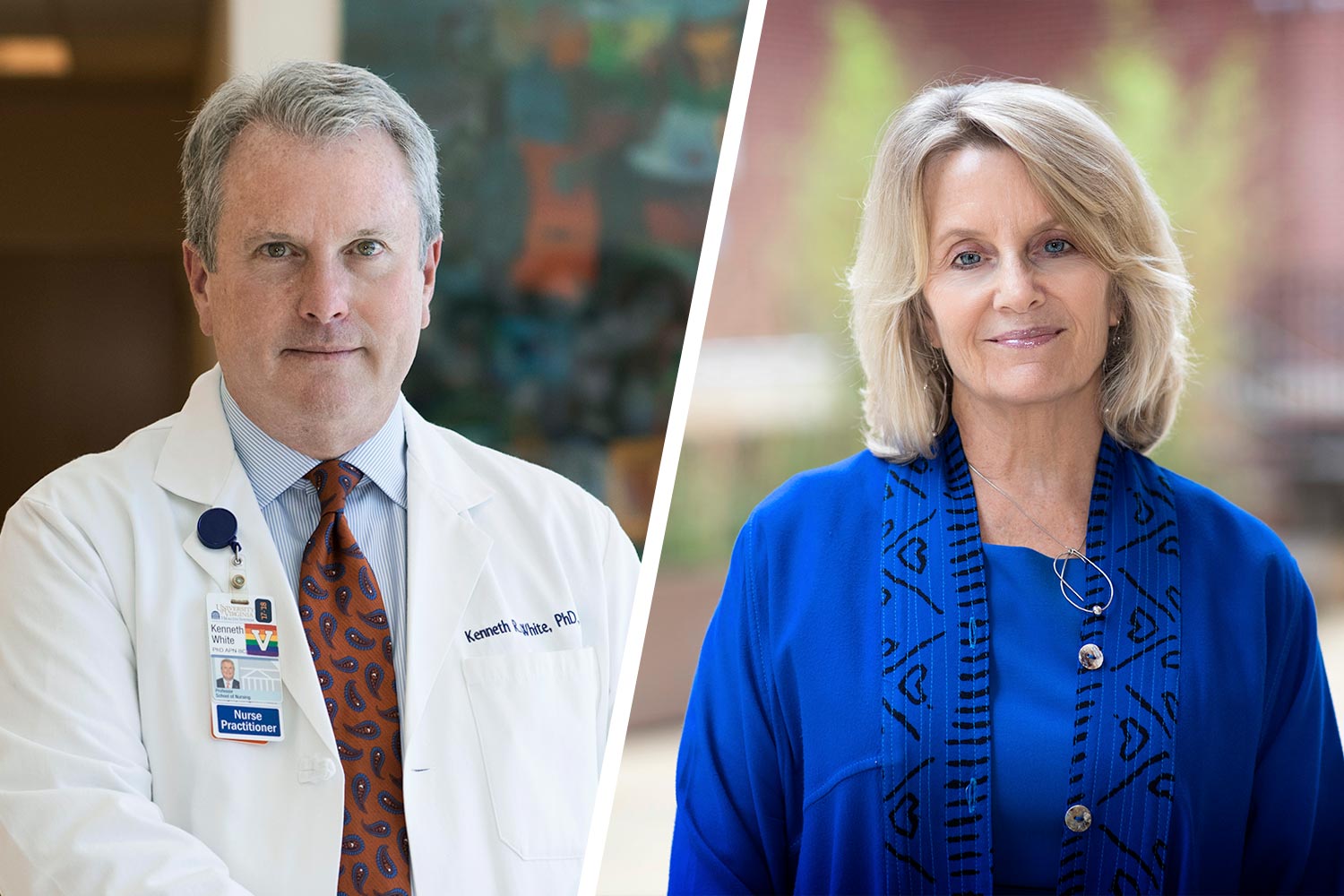Clareen Wieneck tells the story of a conversation she had with a woman whose husband had recently died of cancer. The woman had been reading about palliative care. She went to her husband’s physician and said she thought it would be a good option for her spouse.
The doctor’s response? “The patient can either have me or palliative care, not both.”
Wieneck said the doctor’s response perfectly summarizes the misconceptions about palliative care, which provides relief from the symptoms and stress that come with a serious illness.
“The myth persists that it’s a binary choice, that you either choose full treatment or palliative care. You can’t have both simultaneously,” she said. “And in reality, they can be offered simultaneously. So, an oncologist is treating someone’s cancer. The palliative care clinician is helping manage their symptoms, their pain. … Both can work together.”
This trend toward blending these two approaches and the rapidly aging, longer-living Baby Boomer population is driving new education in the University of Virginia’s School of Nursing, where a pair of courses is equipping students to deliver superb palliative care.
Wiencek, an associate professor of nursing, and Kenneth White, the Nursing School’s associate dean for strategic partnerships and innovation, are each teaching a graduate-level course this academic year. Wiencek’s big-picture Palliative Care: The Discipline is being offered this fall. In the spring, White will dive deeper into the discipline in his course, Advanced Pain and Symptom Management.
Wiencek said many people equate palliative care with end-of-life care, or hospice. “But it’s much, much more than that.

She said many of her students signed up because they’d had a personal experience with a loved one and saw the benefit of palliative care, “so they are coming to learn more about it and hopefully take it out into their practice.”
One of those students is the impassioned Sara McClelland, who is working towards her Master of Science in Nursing and has been a bedside nurse in UVA’s Pediatric Intensive Care Unit for six years. She said she hopes to take what she learns from the course into a career in either pediatric palliative care or oncology.
“I will use what I am learning to look at the patient as a whole,” she said. “Are they able to leave the appointment with me and be a kid? If not, why? What can I do to bring a little childhood back into their life?”
McClelland is at the right school to learn about all of this. “I think we have six or seven full-time faculty here whose research area is in palliative care. And I don’t think another school could boast that many faculty nationally,” White said.
“Dean Dorrie Fontaine has recruited a lot of faculty with specialties in either adult or pediatric palliative care or providing end-of-life care,” Wiencek added.
“Palliative care, at its core, is asking the person who’s living with a serious illness, ‘What matters to you? What gives you joy? What are your hopes? What do you understand about the disease?,’ and then coming up with a very patient-centered plan,” Wiencek said. And that plan is multidisciplinary. It can involve nurses, physicians, music therapists, physical therapists, chaplains and social workers.
Wiencek said palliative care “can really help people live for months and years and feel better, be able to function better and accomplish what they want to and live with their serious illnesses.”
Media Contact
Article Information
October 1, 2018
/content/rapidly-aging-country-demands-more-palliative-care-uva-delivering

